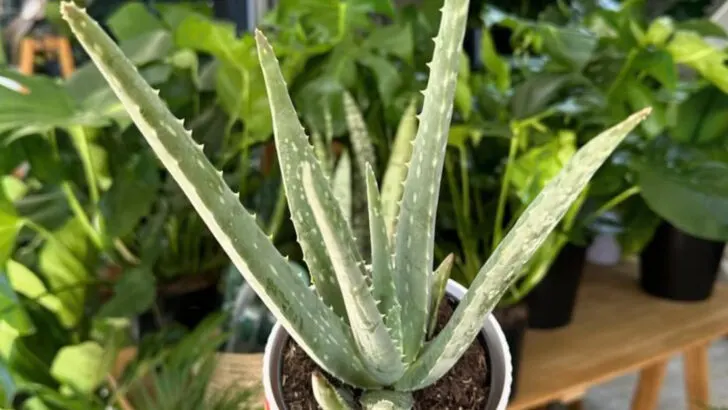Imagine reaching for a natural remedy without leaving your kitchen or garden. With just a bit of planning, you can grow an entire herbal first aid kit—right in a single container. From soothing cuts to calming nerves, these multi-purpose medicinal herbs offer a powerful, plant-based way to support your health.
In this guide, we’ll show you how to choose the right herbs, create the ideal growing conditions, and arrange them in a way that promotes both health and harmony. Whether you live in a small apartment or simply want a low-maintenance setup, this compact herbal garden brings healing and convenience together in one beautiful pot.
Aloe Vera
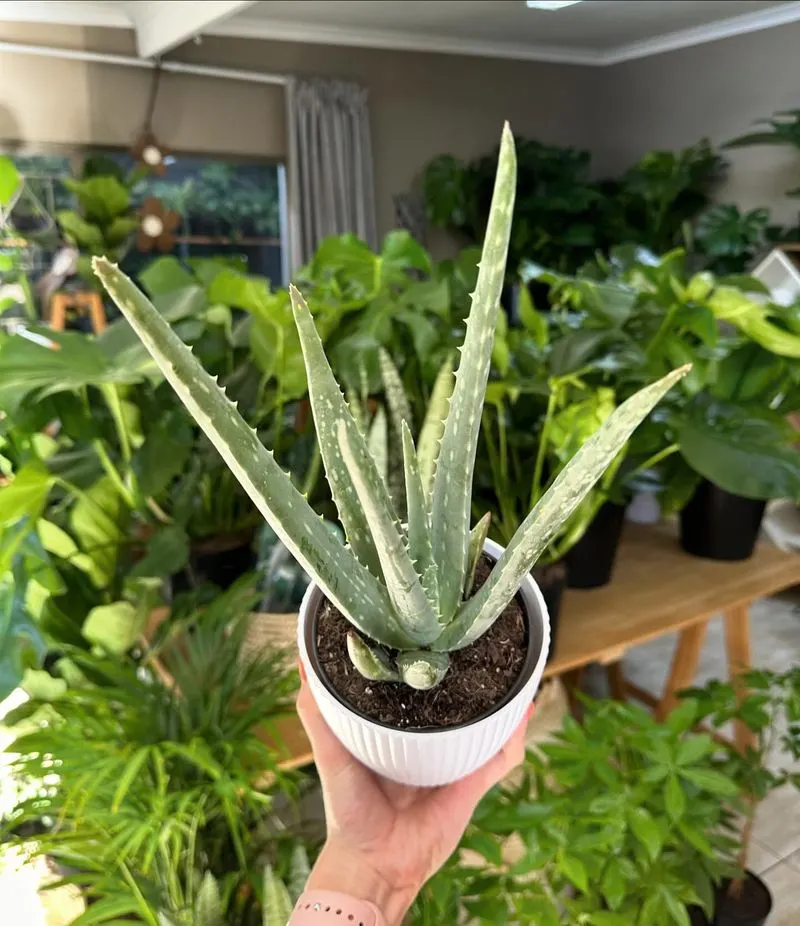
The Aloe Vera plant, with its thick, fleshy leaves, is a prized member of any herbal first aid kit. Known for its soothing gel, it alleviates burns and skin irritations. As a desert-native succulent, Aloe is low-maintenance and thrives with minimal water. It’s perfect for those who often forget to water their plants!
Position Aloe Vera in a sunny spot, and witness its resilience against neglect. Historically, it was cherished by ancient Egyptians as the “plant of immortality,” and continues to be a staple in skincare today. A delightful, easy-going addition to your herbal arsenal.
Calendula
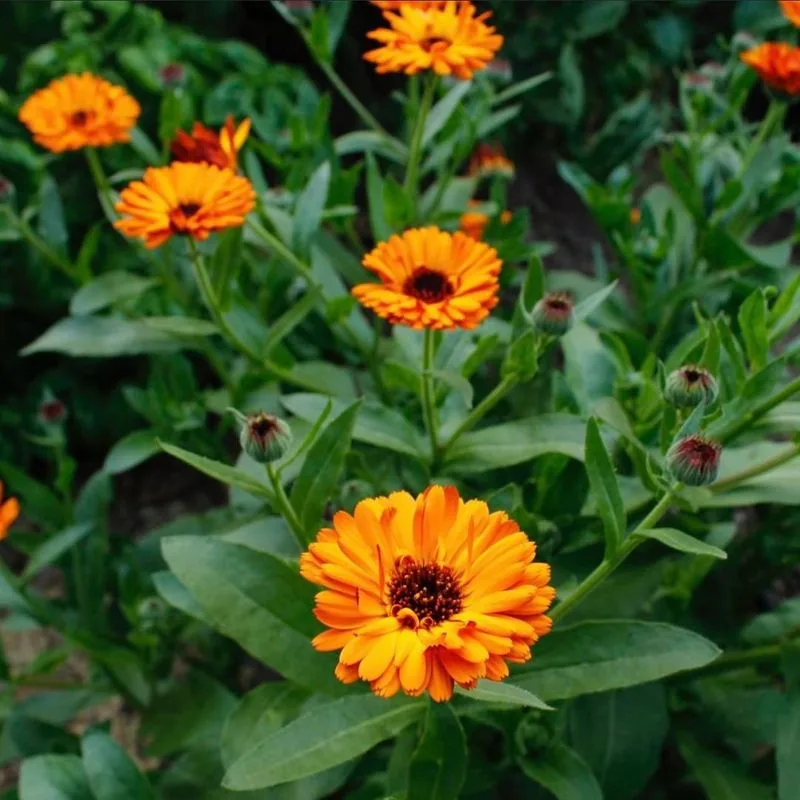
Imagine a burst of golden petals ushering in a sense of calm to your herbal kit. Calendula, with its vibrant blooms, is not just a feast for the eyes. It’s renowned for its anti-inflammatory and antimicrobial properties, making it a go-to for healing cuts and scrapes.
This flower, often called “pot marigold,” is as versatile in the garden as it is in medicine. Historically, it was used in Roman times to dye fabrics and soothe skin ailments. Whether infused in oils or brewed into teas, Calendula brings sunshine to any remedy.
Lavender
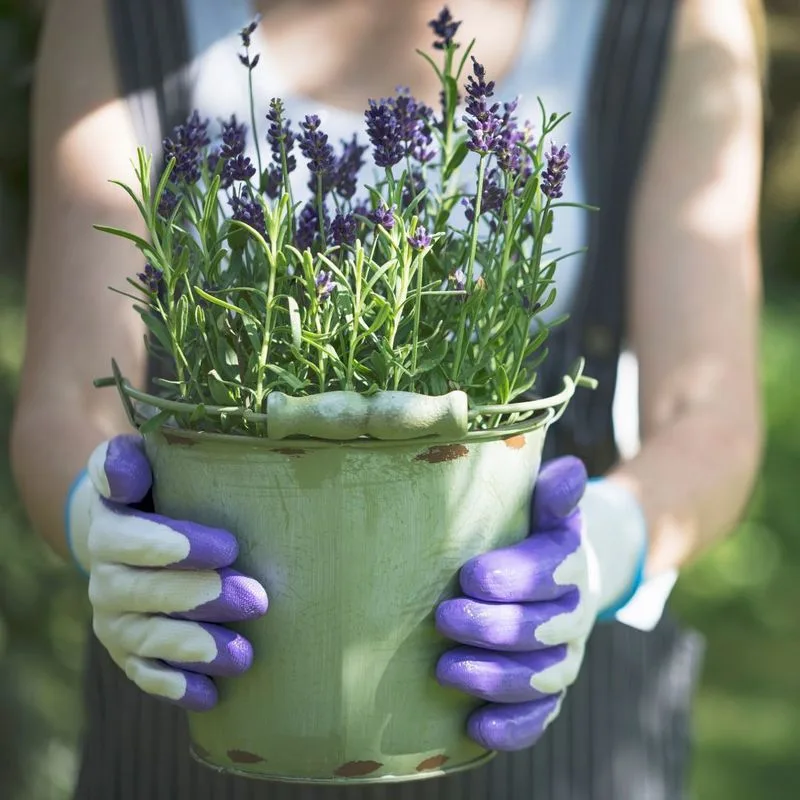
Lavender’s serene purple spikes are a must-have in a first aid kit, renowned for calming nerves and aiding sleep. These fragrant flowers, when steeped in water, make a soothing tea.
Lavender’s history as a calming agent traces back to Roman baths, where it was used to fragrance water. Its resilient nature makes it a favorite among gardeners. Whether dried or fresh, Lavender’s aroma is an instant stress reliever, making it an indispensable addition to your herbal collection.
The ability to thrive with little care makes it an ideal container companion.
Peppermint
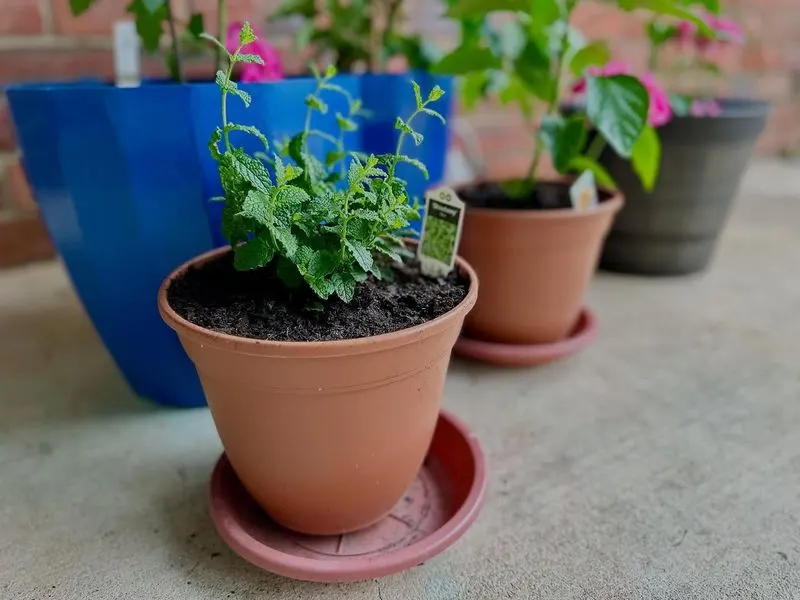
Peppermint’s invigorating scent is more than just a refreshing aroma; it’s a natural digestive aid, perfect for soothing upset stomachs. This hardy herb grows vigorously, making it a staple in any container garden.
Placed by a kitchen window, it offers both culinary and medicinal benefits. Historically, Peppermint has been valued for its ability to relieve headaches and respiratory issues. Its robust growth makes it a lively presence in both indoor and outdoor spaces, adding a minty freshness that promises relief. A truly dynamic member of your herbal kit.
Chamomile
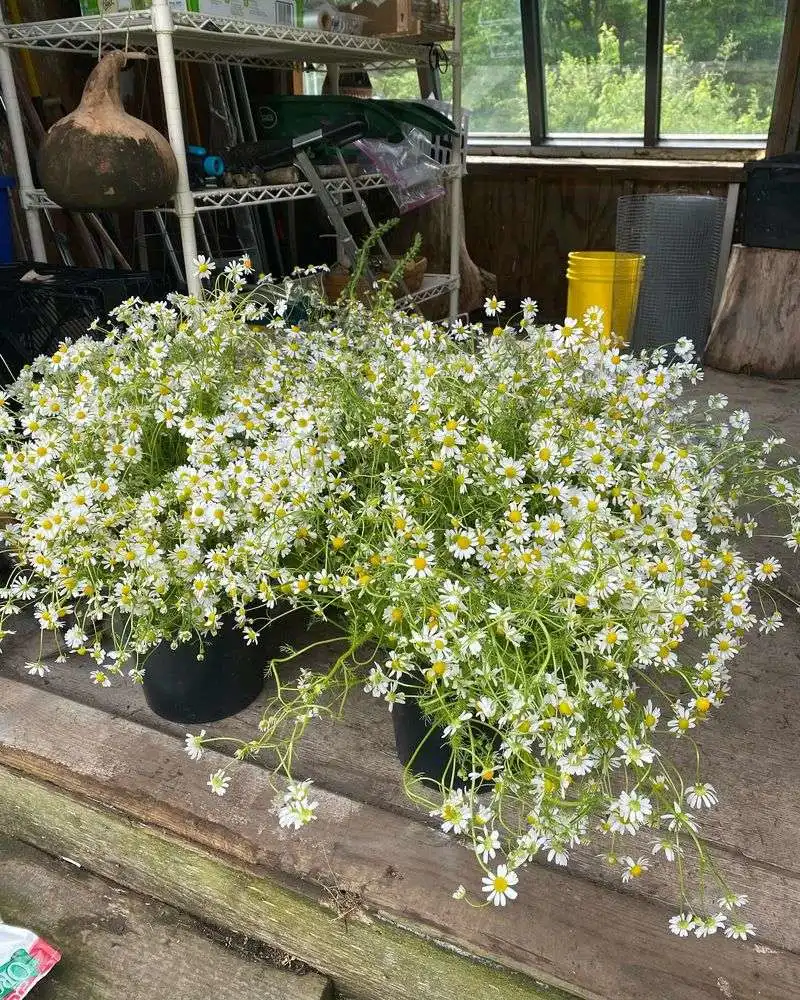
Chamomile’s gentle blossoms are not just soothing to look at; they bring tranquility to your herbal first aid kit. Known for its calming effects, Chamomile tea is a time-honored remedy for insomnia and anxiety.
This daisy-like flower has been cherished since ancient times for its medicinal qualities. Grown indoors or out, Chamomile is a charming and practical choice for any herbal container. Its sweet scent and delicate flowers make it a delightful companion in your healing garden, offering peace and calm with every leaf.
Echinacea
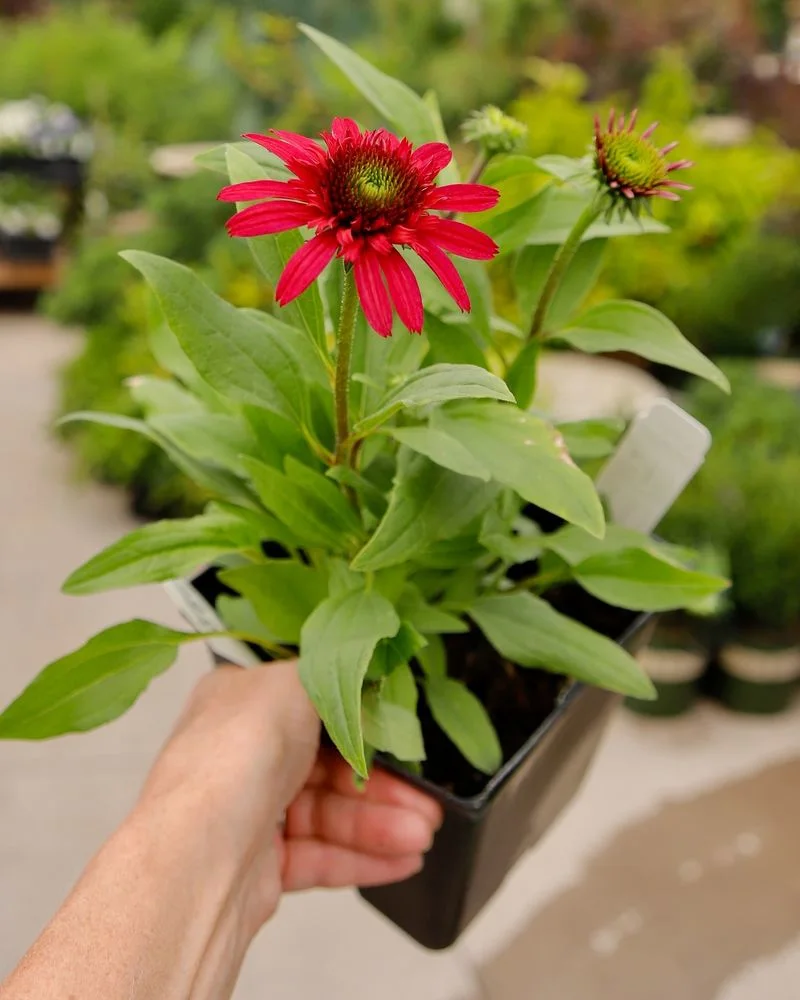
Echinacea, with its striking flowers, is celebrated for boosting the immune system. Often used to ward off colds, this perennial herb is a robust addition to any herbal first aid kit.
Its vibrant blooms attract pollinators, adding life to your garden space. Historically, Native Americans utilized Echinacea for its healing properties long before modern medicine. Growing it in a container is straightforward, and its resilience means it will return year after year. A steadfast ally in your quest for natural health.
Thyme
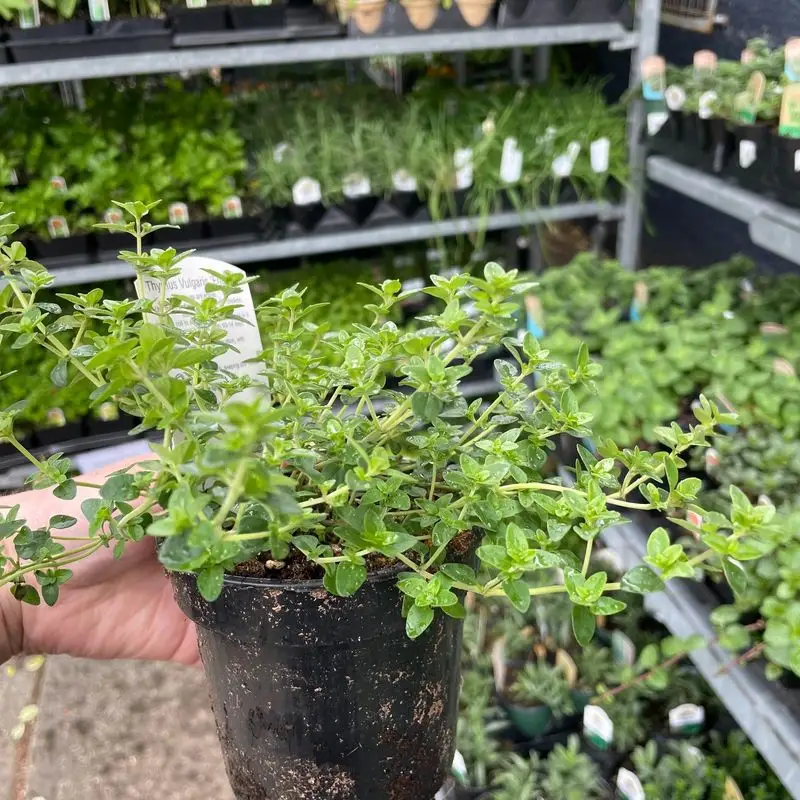
Thyme is a powerhouse herb with a legacy of medicinal use dating back to ancient Greece. This aromatic plant is famous for its antiseptic properties, making it ideal for treating wounds and infections.
A prolific grower, Thyme thrives in a sunny location, bringing both flavor and healing to your herbal first aid kit. Its small leaves pack a punch, both in taste and in therapeutic power. A versatile herb, Thyme is as comfortable gracing your culinary dishes as it is healing your skin, a true testament to its enduring utility.

